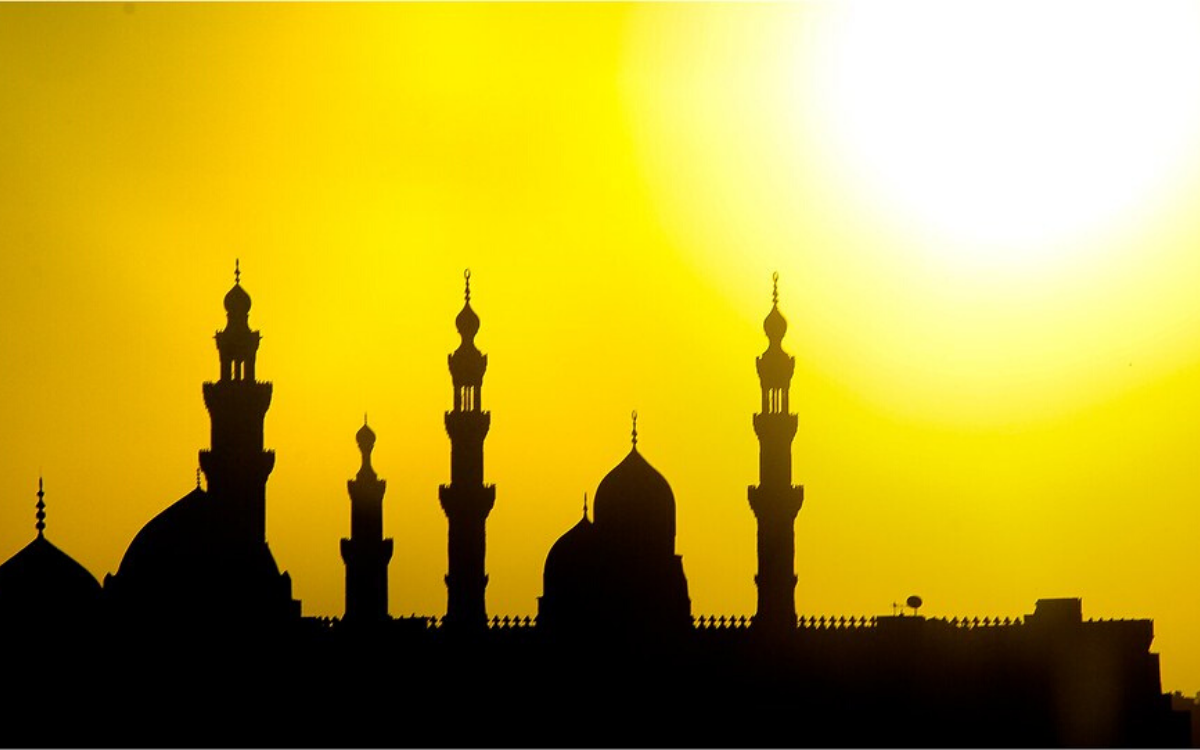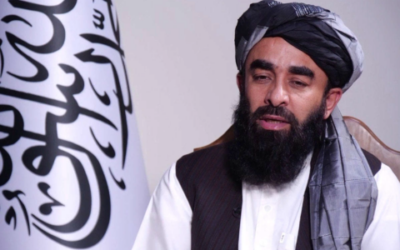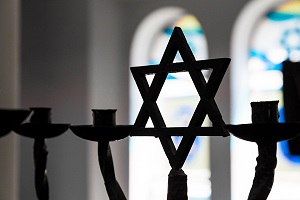
Freedom Under Religion South Africa says it’s concerned by President Cyril Ramaphosa’s message that South Africans must be prepared to continue living with the Coronavirus for a year or even more and that the way religion is practiced will have to change.
In his weekly newsletter to the nation two weeks ago, Ramaphosa said South Africans will need to adapt to new ways of worshipping, socialising, exercising and meeting that minimise opportunities for COVID-19 virus to spread.
Under the current level 4 COVID-19 lockdown regulations, public gatherings have been prohibited and prayers in congregation at places of worship banned to stop the spread of the Coronavirus.
The religious community, especially the Muslim community have called on government to review its current ban on gatherings at places of worship.
Some groups have taken the matter to the High court and were unsuccessful, while others have written letters to the president seeking relief to read Eid Salaah in congregation as the blessed month of Ramadan comes to an end.
Freedom Under Religion South Africa’s Michael Swain says the ban is against the Constitutional rights of worshippers, adding it does not make sense to keep this ban in place when the business sector are allowed to resume with operations.
“This virus is not as deadly as we originally seemed. Secondly there are health and sanitation and social distancing and hygiene measures that can be taken to at least slow down the spread of it. But there’s a big difference between a lockdown to flatten the curve and a lockdown forever which is effectively what is the current situation when it comes to the faith community.”
Swain says the religious sector cannot be grouped with shopping malls and even nightclubs adding that different measures need to apply to the religious community.
“Religion is woven into the fabric of our society. It is an essential part of our dignity as human beings. Religious freedom has more constitutional protection for example then the retail sector. So we are just saying that government must reconsider there is a growing ground slow of concern and even upward pressure on government to say ‘we need to have some very serious discussions.”
Swain says while religious communities are allowed to obtain permits under the current lockdown regulations to engage in feeding schemes and limited counselling, government cannot adequately supply these type of services which have always been uniquely the role of the various faith communities.
Faizel Patel
Listen to the interview with Michael Swain







0 Comments